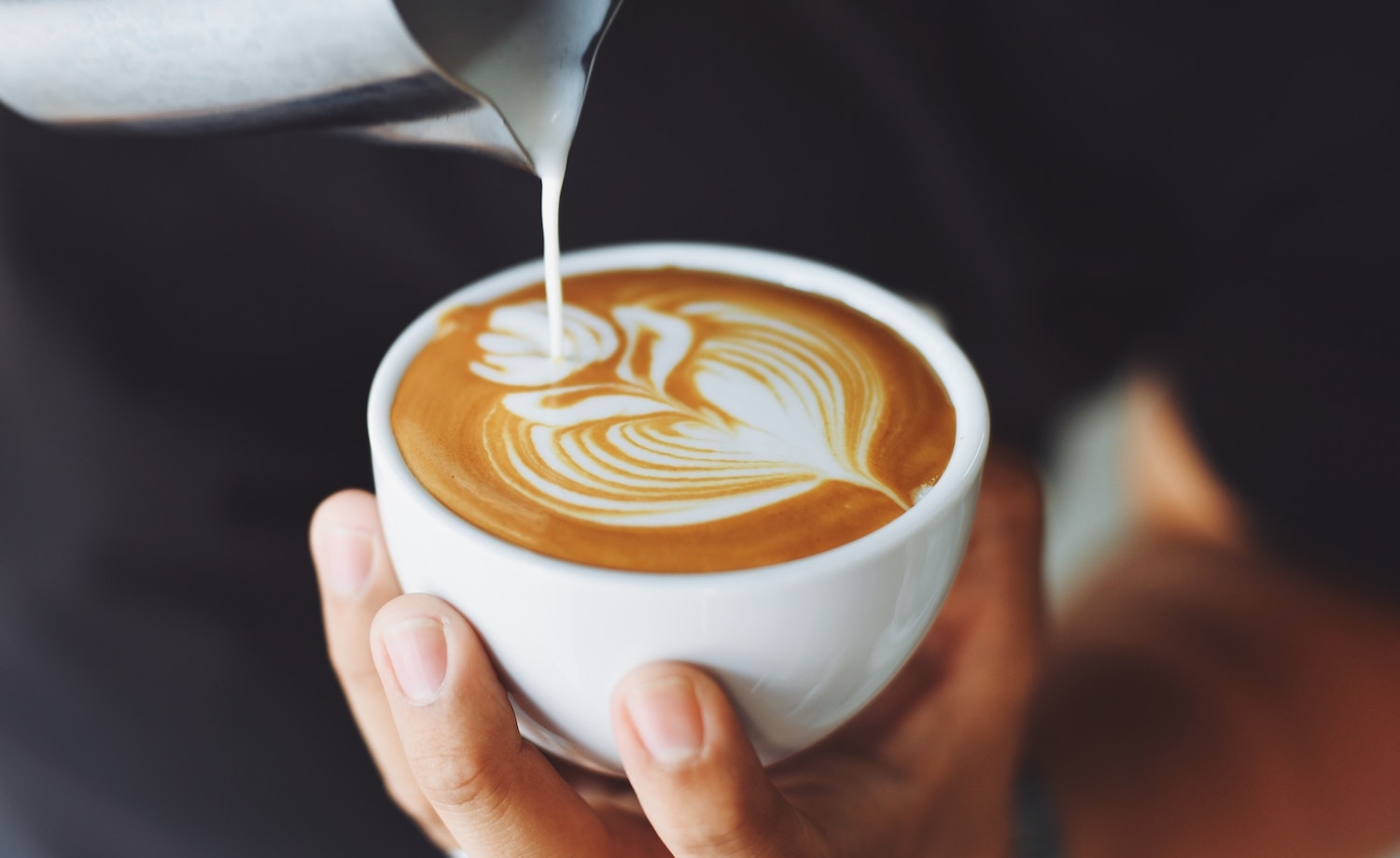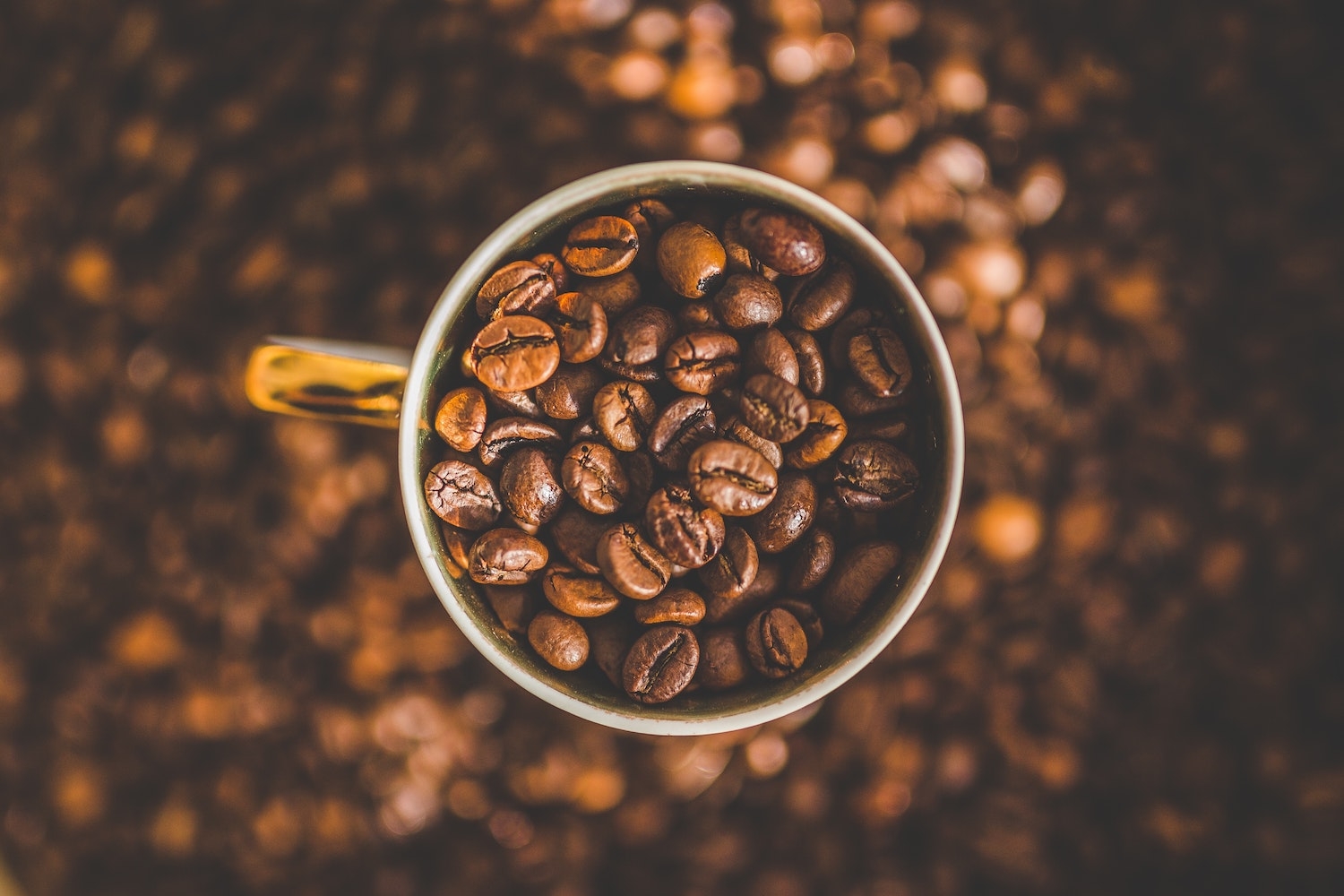Uncategorised
Is coffee bad for you? Doctors reveal concerning health risks
20 Apr 2021
3m
Is coffee bad for you?
Many people, myself included, don’t feel human until we’ve injected a stream of something hot, black and highly caffeinated into our system.
But the arguments over whether coffee is good, bad or somewhere in between are never going to go away.
So we decided to take a look at the facts. Is it bad to drink coffee? And can you counteract the side effects?
Here’s everything you need to know.
 Is coffee bad for you? The answer is more complex than it seems (Credit: Pexels)
Is coffee bad for you? The answer is more complex than it seems (Credit: Pexels)
Is coffee bad for you?
There is absolutely no doubt that it is one of the only readily available ways to change your status from “zombie” to “functioning adult” first thing in the morning.
However, for all coffee’s superhuman powers of revival, some experts are beginning to question whether or not we should ever be drinking it on an empty stomach.
READ MORE: ‘Hard coffee’ with alcohol and caffeine has just been launched
There are several reasons for this. The main concern is the damage that the drink can do to your digestive tract if you don’t have any food in there to begin with.
Lloyd’s pharmacist Nitin Makadia spoke to The Daily Express, about the risks associated with coffee.
He said: Hydrochloric acid has a very important function to support the digestion of food. Therefore it’s released when you eat, smell or even start thinking about food.
“Coffee, even decaffeinated coffee, has been shown to stimulate the production of acid. In the absence of food, this can be damaging to the lining of the stomach with repeated exposure.”
Does coffee cause heartburn and indigestion?
There are some who believe that the effects can be more pressing than potential long term damage.
According to Dr Adam Simon, chief medical officer at PushDoctor.co.uk, the increased acidic production can quickly lead to heartburn and indigestion.
Whilst you might be more awake, you may well end up being significantly more uncomfortable than you otherwise might have been.
READ MORE: Why is Kopi Luwak coffee the most expensive in the world?
Dr Simon went further still in expressing his concern over the effects of coffee during an interview with the Express.
He explained that coffee, “can increase the amount of water you pass and can potentially create symptoms of dehydration.
“It can affect your pulse, causing an irregular heartbeat by putting pressure on the heart and it can adversely affect your blood pressure.”
He also added that “too much caffeine can give you jitters, shakes and other withdrawal effects, including mood changes.”
 Drinking coffee doesn’t always cause unpleasant side effects (Credit: Pexels)
Drinking coffee doesn’t always cause unpleasant side effects (Credit: Pexels)
How to avoid the nasty side effects
Despite the gloomy prognosis from these two medical experts, there are ways in which you can limit and even counteract these negative side effects.
Most professionals generally agree that drinking coffee alongside a meal will stave off the most serious side effects.
If no food is available, taking your coffee with milk is an easy way to add other nutrients that can help prevent heartburn and indigestion.
Of course, remembering to do all this immediately after you wake up might be impossible.
But it’s definitely something to bear in mind next time you fancy a cup of Joe.



